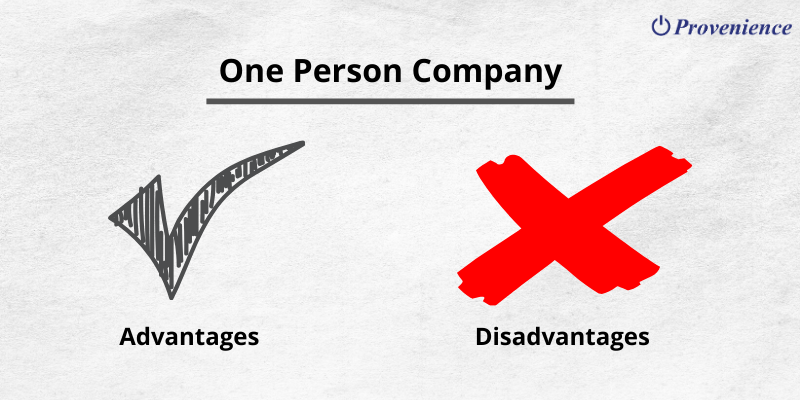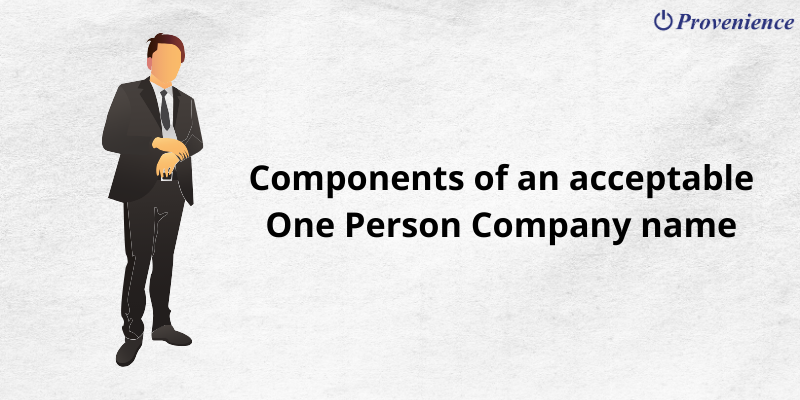The single-entrepreneur-led One Person Company (OPC) has many features of a private limited company. However, there are some essential differences between the two. If you are thinking of registering a business and confused between a private limited company and a one-person company, then continue reading. In this article, we will talk about OPC vs Private Limited Company to help you understand the differences before making a decision.

Before we look at the differences, here are some similarities between an OPC and a private limited company:
- Both OPC and Pvt Ltd Companies have a separate legal identity. Hence, this means that they are treated as separate entities from their owners.
- In both these structures, the owners/shareholders have a liability limited to the extent of their shares.
- They both need to register the company with the Ministry of Corporate Affairs (MCA).
These similarities, aside, there are quite a few differences between the two.
OPC vs Private Limited Company
| Features | OPC | Pvt. Ltd. CO. |
Cost of registration |
The cost of registration for an OPC is lower than that of a private limited company. | The cost of registration of a private limited company is usually higher than that of an OPC. |
Members Required |
One Person Company is incorporated with only one Shareholder. | To incorporate a private limited company, you need a minimum of two shareholders. |
Board of Directors |
Since a single director can manage a One Person Company, there is no mandatory concept of a Board of Directors. OPC can have only one director | A private limited company must have a Board of Directors with a minimum of two directors. |
Board Meeting |
OPC needs to conduct one meeting in each half of the calendar year. Also, the OPC must keep a gap of at least 90 days between two meetings. However, in case of single director, conducting of physical meeting is not required. Director may pass the resolution and record it in minutes thereof. | A private limited company must conduct atleast four meetings in each financial year with a gap of maximum 120 days between two meetings. |
Shareholding |
A single person holds 100% shares of a One Person Company. | At least two persons shall hold all the shares of a private limited company i.e. there should be minimum of two members in a private limited company. |
Transferability of shares |
Since there can be only one member in the OPC, therefore in case of transfer of shares, entire shares shall be transferred by the existing member to any other person. | A private limited company can easily transfer the shares with just one restriction in terms of Right of First Refusal (ROFR) of the existing shareholders. |
Foreign Nationals and NRIs |
Foreign Nationals and NRIs cannot open a One Person Company. Further, only Indian Nationals and Residents are permitted. | Foreign Nationals and NRIs can run and manage a private limited company. |
Limitations |
If the paid-up capital of a One Person Company exceeds Rs.50 lakh OR the annual turnover exceeds Rs.2 crore, then the OPC must mandatorily convert into a private limited company. | There are no such limitations for a private limited company. Also, there are no mandatory conversions. |
Company Name |
The company name must end with (OPC) Pvt. Ltd. | The company name must end with Pvt. Ltd. |
Summing Up
The government had introduced One Person Companies to support solo entrepreneurs and also help them start their own venture. We hope that the OPC vs private limited company comparison helped you understand the difference between them. Further, we recommend that you assess your business plan carefully before choosing a business structure. If you need assistance in registering a private limited company or OPC incorporation, then please drop us a line. Our team will gladly assist you and help you get the company registered. Good Luck!














